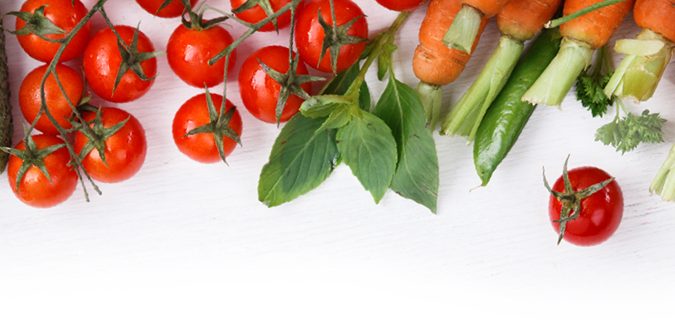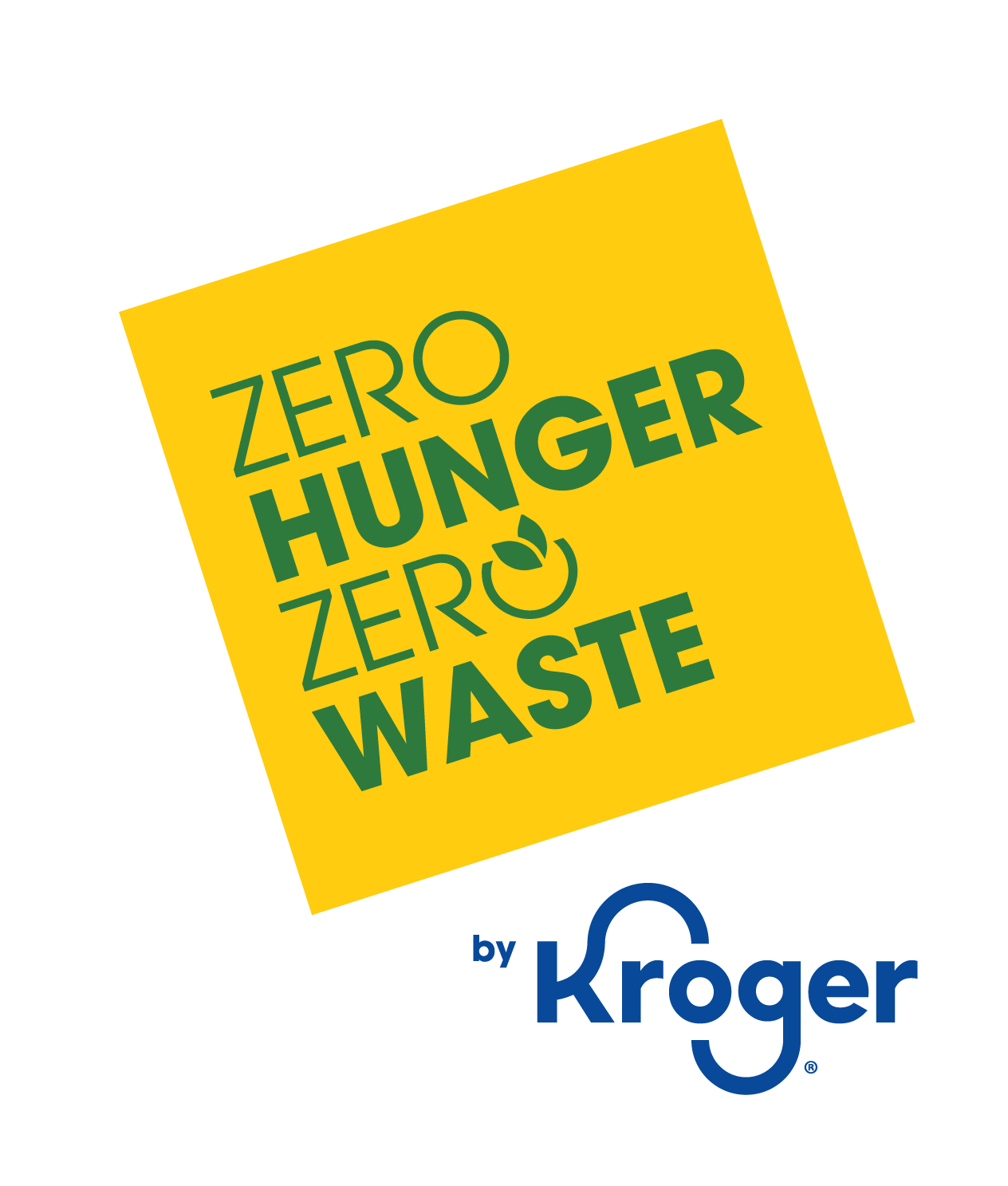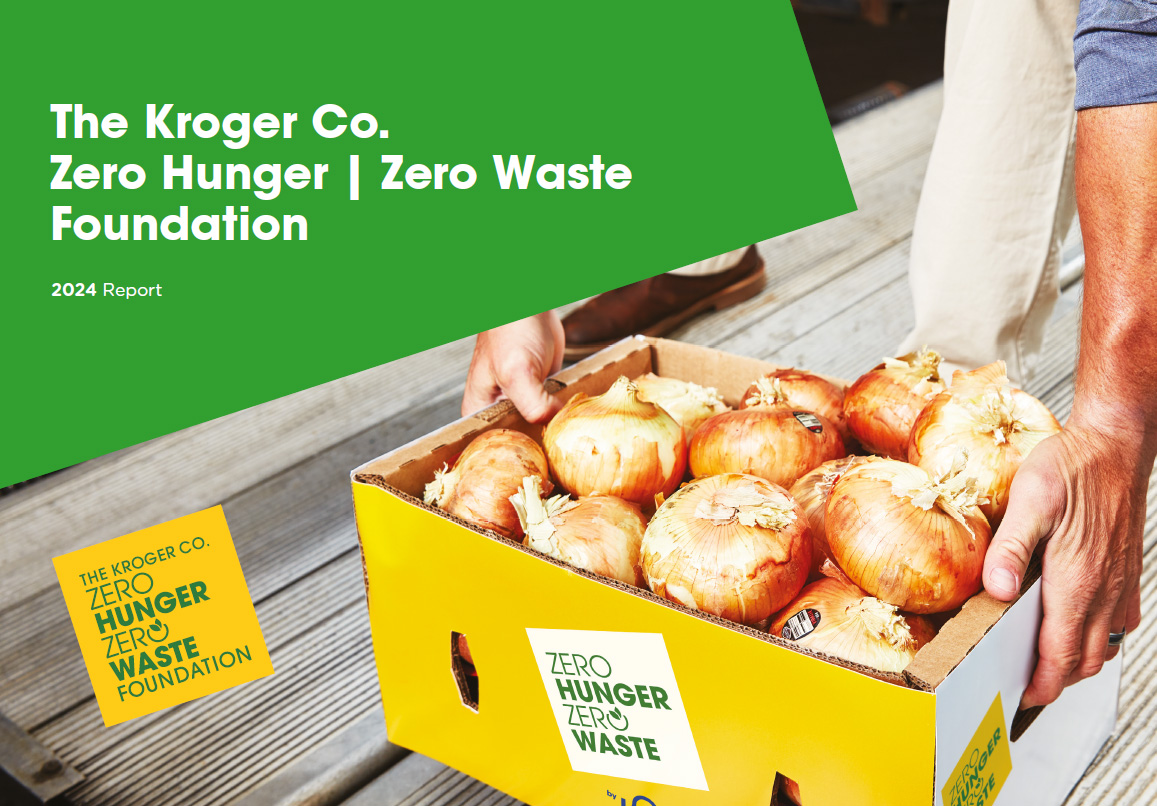



Our Zero Hunger | Zero Waste Impact Plan
Kroger’s Zero Hunger | Zero Waste plan addressed a fundamental problem in our food system: collectively, we produce more than enough food to feed everyone today, yet one in eight Americans still struggle with hunger. We believe everyone deserves access to the fresh, healthy food they need to thrive. We improve food access through our core grocery business and low prices, strategic charitable giving and surplus food donations, and coalitions of action in our communities to improve food and nutrition security now and in the future.
Learn more about our plan in Kroger’s 2024 ESG Report
What We Do
Core Grocery Business
Sustainability
Social Impact
Zero Hunger | Zero Waste
Milestones
Goal:
Direct 3B meals to our communities by 2025
Show ProgressProgress:
Achieved 3.4B meals to date (food + funds)Goal:
Align more giving to Zero Hunger | Zero Waste plan
Show ProgressProgress:
$1.5B in strategic giving to feed more people in our communitiesGoal:
Donate healthier surplus food to local hunger relief agencies
Show ProgressProgress:
45% of retail donations are from Produce, Dairy and Deli to support better nutritionGoal:
Rescue more surplus fresh food from stores for donation
Show ProgressProgress:
700M pounds rescued to date; 100% of stores are actively donating foodGoal:
Achieve zero operational waste (90%+) and 95%+ food waste diversion by 2025
Show ProgressProgress:
82% total waste diversion; 52% food waste diversion from landfillsGoal:
Expand food waste recycling
Show ProgressProgress:
95% of retail stores are actively recycling food waste through animal feed, composting or anaerobic digestionZero Hunger | Zero Waste Food Rescue
Recovering and donating surplus food in Kroger’s stores and facilities helps provide meals to nourish people in our communities – we call this “food rescue.” Since 2017, we have donated about 700 million pounds of surplus fresh food for local food banks and hunger relief agencies.
Reducing wasted food is also one of the top solutions to reversing the effects of climate change. Food and other organic items in landfills take a long time to break down and produce methane, one of the most potent greenhouse gases. We can all help by throwing away less food and food scraps at home too.
We do our part by following these simple steps every day in our stores:
- Sell: Through great prices and promotions, we motivate customers to buy as much fresh, nutritious food as possible while it has plenty of shelf life remaining. In a perfect world, everything that comes in the back door of our stores would go home with our customers, but that isn’t realistic.
- Mark down: As items in our Fresh departments – bakery, deli, dairy, produce and meat & seafood – approach their use-by dates, we activate our popular markdown program to make them even more affordable for our customers and drive sales.
- Donate: Remaining unsold items may still be eligible for donation to local agencies and food banks through Kroger’s Zero Hunger | Zero Waste Food Rescue program. Every day, our associates set aside surplus food for local organizations to pick up and redistribute in our communities.
- Recycle: Any unsold organics that are not eligible for donation go into our food waste recycling program. Depending on the local geography, that could be animal feed, composting or anaerobic digestion programs.
Learn more about how we reduce food waste in our latest ESG Report.

The Kroger Co. Zero Hunger | Zero Waste Foundation
Kroger established the Zero Hunger | Zero Waste Foundation in 2018 to align impact philanthropy to our action plan. The foundation is a nonprofit public charity focused on food system change and innovation. Last year, the Foundation directed $7.4 million in grants to organizations and social entrepreneurs who share our mission.
To date, the foundation has directed more than $66 million to organizations and changemakers across the country. Our signature program is the Innovation Fund, which provides catalytic capital to innovators with creative solutions to the challenges of food access, food security and food waste.
Through innovation, collaboration and community engagement, we’re committed creating communities free of hunger and waste.
Learn More





























